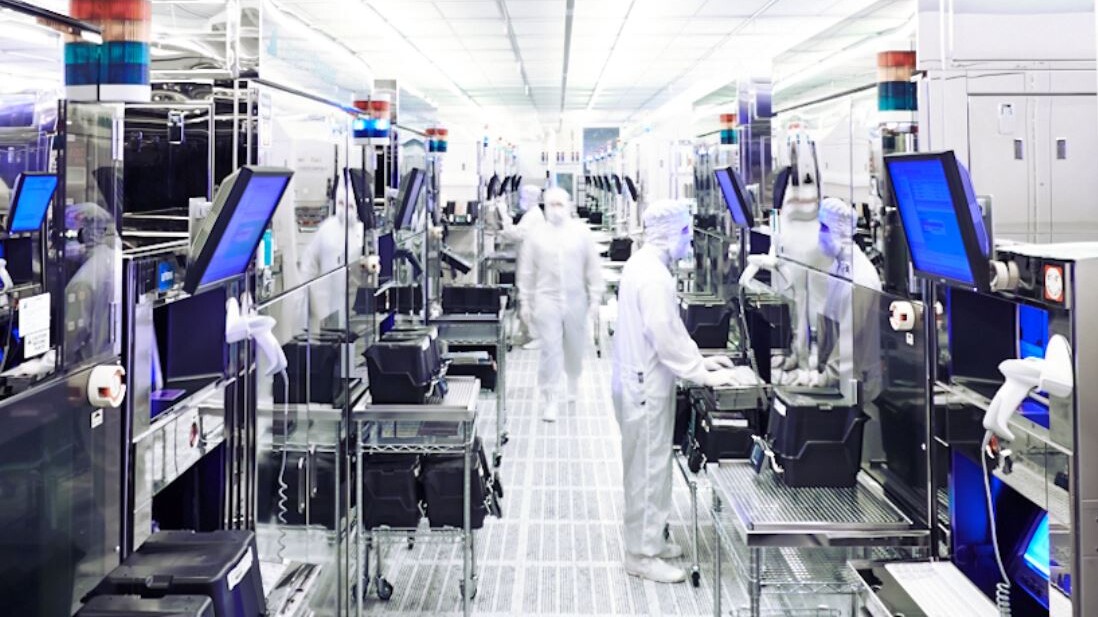The future of labour in the digital era
Ubiquitous Computing, Virtual Platforms, and Real-time Production (EPTA Report)

Ubiquitous computing, virtual platforms, the integration of robots in real-time production and services – all these developments drastically change the economy. In some European counties heated debates concern consequences for employment and education.
The ITA has coordinated the 2016 EPTA report on the subject, and the results were discussed at a final conference at the Austrian Parliament on 21st October 2016. EPTA is the network of European parliamentary technology assessment institutes. The report includes results from 16 countries and regions as well as an EU-wide overview.
In the digital era, a broad range of labour-related trends and developments require political attention:
At the individual level, the ubiquity of mobile telecommunications devices increasingly shifts the boundaries between private and family lives, and work spheres, and finds expression in a distorted work-life balance or in stress brought on by almost continuous multi-tasking.
From an organisational perspective, the trends towards crowd-work, peer-to-peer platforms, and the sharing economy are disrupting traditional sectoral structures, markets and ways of working, such as in tourism, mobility, commerce, and software production.
Furthermore, cyber-physical systems (or the Internet of Things) usher in a novel stage of digitally integrated industrial production and continual transformation of services. Robots continue to replace not only industrial workers, but spread to health care, cleaning, and other areas; even cognitive tasks formerly exclusively performed by humans.
Such developments have a significant impact on how we perceive human work today
Productivity gains from large-scale automatization, as well as crowd work and peer-to-peer solutions may reduce working hours, and the benefits of these developments could be distributed across society. The same changes could just as well lead to ever increasing unemployment rates, rising inequality, and threaten social security systems.
How do these changes affect the quality and kind of our education and employment landscapes? Are they limiting options for data and privacy protection? The EPTA conference at the Austrian Parliament addressed these developments and analysed their effects on society and for individuals with researchers, decision-makers and members of the Austrian parliament.
The lively debate during the conference at the Austrian Parlament brought to the fore the multifaceted nature of these changes and reconfirmed the importance of an interdisciplinary approach to inform policies in the face of technological change. The first session raised the importance of different cultures involved in the processes and outcomes in each country such as the use of surveillance technologies at work. The risks of crowdworking in eroding labour regulations, social security and working standards, was highlighted and suggestions were made to strengthen social institutions in light of these working conditions. Furthermore, the importance of understanding new skill requirements and knowledge that will ensure employment in the long run was underlined.
Overall, the investigations done for the report and the final conference all confirmed the importance of bringing together perspectives from different disciplines, countries and traditions, to have a more differentiated and complete view of technological change and the possibilities for government intervention.
Publications
Publications
- . (2017). Robots, digitalisation and jobs. ITA-Dossier no. 26en (April 2017; Authors: Tanja Sinozic, Michael Nentwich, Johann Čas). Wien. doi:10.1553/ita-doss-026enDOIDownloadRISENWBIB Abstract
-> Robots are expanding beyond factory spaces for car assembly or product delivery into transportation, healthcare and housework.
-> Rapid progress in software algorithms allows the automation of tasks in middle-income jobs that originally required human training, practice and knowledge.
-> Online platforms are shifting firm and sectoral boundaries, and opening them up to more competition under much less regulation.
-> These changes hold opportunities for domestic industries; however, there are uncertainties in the degree to which this will affect overall employment.
-> What do governments need to do to ensure that these changes raise, rather than lower, economic and social well-being? - . (2017). Roboter, Digitalisierung und Arbeitsmarkt. ITA-Dossier Nr. 26 (April 2017; AutorInnen: Tanja Sinozic, Michael Nentwich, Johann Čas). Wien. doi:10.1553/ita-doss-026DOIDownloadRISENWBIB Abstract
-> Roboter verbreiten sich über die Fahrzeugfabriken und Logistikzentren hinaus in die Bereiche Verkehr, Pflege und Haushalt.
-> Der schnelle Fortschritt bei Softwarealgorithmen erlaubt die Automatisierung von Aufgaben, die früher menschliches Wissen, Erfahrung und Training erforderten.
-> Online-Plattformen durchdringen Firmen- und sektorale Grenzen und öffnen Märkte für mehr Wettbewerb bei weniger Regulierung.
-> Diese Entwicklungen versprechen Chancen für die heimische Industrie; das Ausmaß der Folgen für den Arbeitsmarkt ist jedoch noch unklar.
-> Was müssen Regierungen tun, um sicherzustellen, dass sich diese Veränderungen positiv auf Wirtschaft und Gesellschaft auswirken? - . (2016). The Future of Labour in the Digital Era. Ubiquitous Computing, Virtual Platforms, and Real-time Production (p. 111). Vienna. doi:/10.1553/ITA-pb-EPTA-2016
